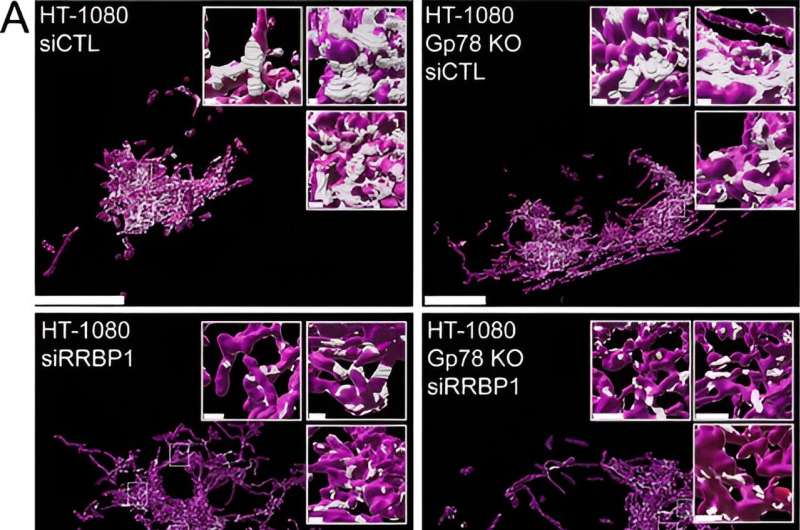Integrating AI with super-resolution microscopy for advancements in cellular biology
In 2014, the Nobel Prize in Chemistry celebrated the breakthroughs in super-resolution microscopy, a technology that allows us to capture highly detailed images of small parts of cells using fluorescent microscopy. Despite its success, the resolution of super-resolution microscopy still can't show tiny distances between organelles in cells.organelles
This gap is where Artificial Intelligence (AI) and Biomedical Computer Vision intersect, as researchers from SFU Computing Science and UBC School of Biomedical Engineering and Life Sciences Institute reveal how AI enhances super-resolution microscopy capabilities and contributes to cellular biology advancements. Their mission is clear: to overcome the limitations of hardware (super-resolution microscopy) through innovative algorithms (AI).
Their latest work, published in the Journal of Cell Biology, introduces a scalable reconstruction algorithm called MCS-DETECT. This novel algorithm is like a digital detective, detecting membrane contact sites (MCS) in large microscopy volumes without the need for segmentation. This groundbreaking research showcases how AI software can enhance the capabilities of super-resolution microscopy.



Comments
Post a Comment